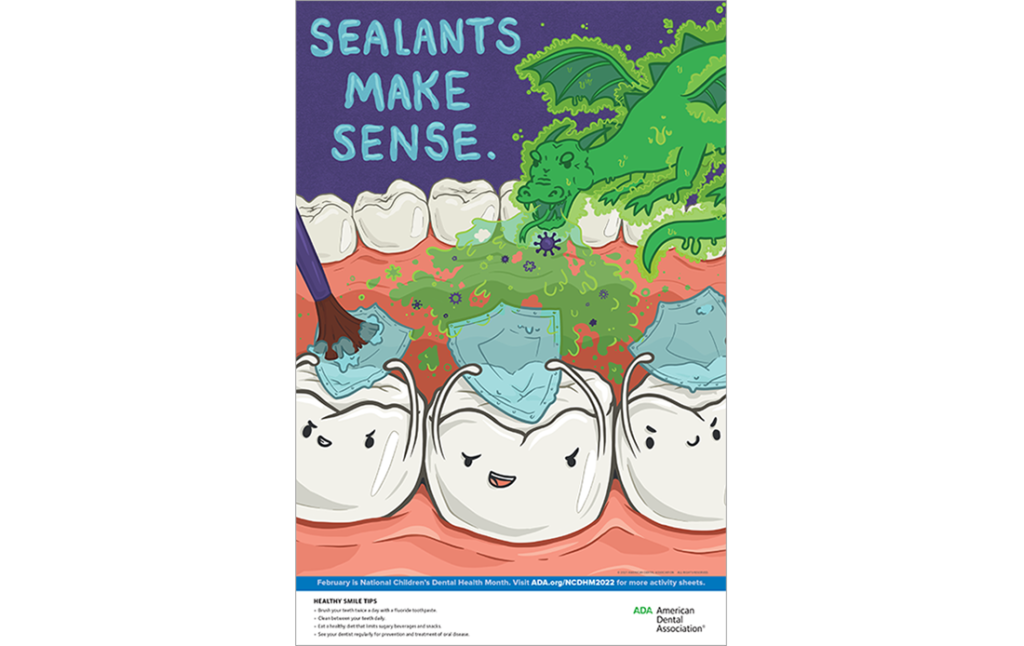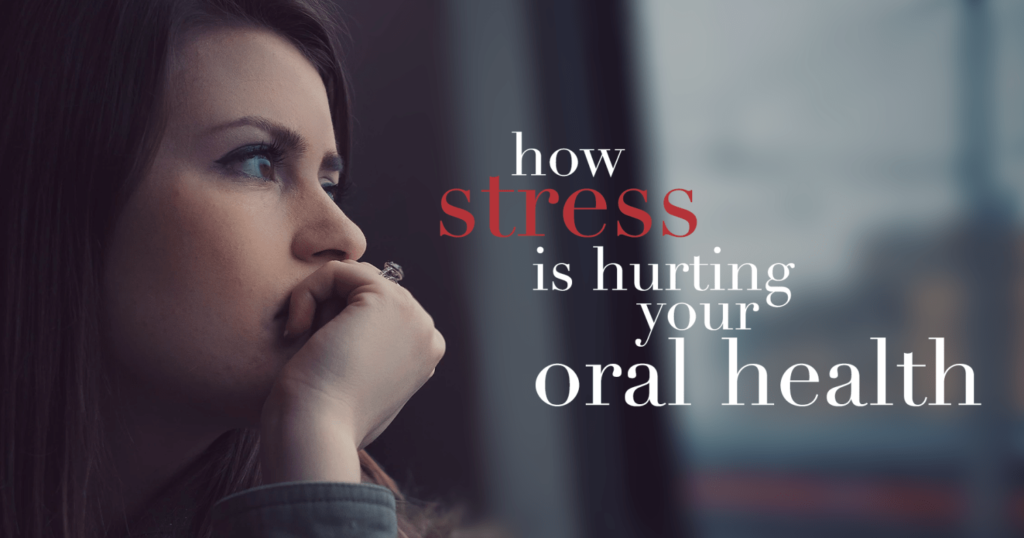
In the realm of healthcare, the significance of preventative measures cannot be overstated. From routine check-ups to healthy lifestyle choices, proactive interventions play a pivotal role in safeguarding our well-being. However, when it comes to dental health, the importance of preventative dentistry often flies under the radar. In this comprehensive guide, we delve deep into the transformative power of preventative dentistry, exploring how prioritizing oral health can not only preserve your smile but potentially save your life.
Understanding Preventative Dentistry
At its core, preventative dentistry encompasses a range of proactive measures aimed at maintaining optimal oral health and preventing dental problems before they escalate. From regular dental cleanings and examinations to education on proper oral hygiene practices, these interventions form the cornerstone of preventative care. By identifying potential issues early on and implementing timely interventions, preventative dentistry seeks to mitigate the risk of dental diseases and their associated complications.
Related Articles:
- Life Saving Preventative Dentistry Helps Diagnose Disease and Cancer Early
- What is Preventative Dental Care?
The Oral-Systemic Connection
Emerging research has shed light on the intricate relationship between oral health and systemic well-being, highlighting the interconnected nature of the human body. Indeed, the health of your mouth can exert profound effects on various aspects of your overall health. Gum disease, for example, has been linked to an increased risk of systemic conditions such as cardiovascular disease, diabetes, and respiratory infections. By addressing oral health issues proactively through preventative dentistry, individuals can potentially lower their risk of developing these serious medical conditions.
Gum Disease: A Silent Threat
Among the most prevalent oral health concerns is gum disease, a chronic inflammatory condition that affects the tissues surrounding the teeth. Despite its prevalence, gum disease often progresses silently, with symptoms such as redness, swelling, and bleeding gums going unnoticed until the advanced stages. Left untreated, gum disease can lead to irreversible damage to the gums and supporting structures of the teeth, eventually culminating in tooth loss. Moreover, the systemic inflammation associated with gum disease has been implicated in the development of various systemic conditions, underscoring the importance of early detection and intervention.
The Role of Routine Dental Examinations
Regular dental examinations serve as a cornerstone of preventative dentistry, providing an opportunity for early detection of oral health issues. During these appointments, dental professionals conduct a comprehensive assessment of the teeth, gums, and oral tissues, using advanced diagnostic tools to identify any signs of disease or abnormalities. By detecting problems such as cavities, gum disease, and oral lesions in their infancy, dentists can initiate prompt treatment, preventing further damage and preserving oral health.
Embracing Proper Oral Hygiene Practices
While routine dental visits are essential, the foundation of preventative dentistry lies in daily oral hygiene practices. Brushing twice a day with fluoride toothpaste, flossing daily, and using antimicrobial mouth rinses are integral components of a healthy oral care routine. Additionally, adopting a balanced diet low in sugary and acidic foods can help protect against cavities and gum disease. By prioritizing these simple yet effective habits, individuals can fortify their defenses against dental diseases and promote long-term oral health.
The Impact of Lifestyle Factors
Beyond oral hygiene practices, lifestyle factors play a significant role in determining oral health outcomes. Tobacco use, for instance, is a major risk factor for gum disease and oral cancer, highlighting the importance of smoking cessation efforts in preventative dentistry. Similarly, excessive alcohol consumption can contribute to a host of oral health problems, including tooth decay and gum disease. By addressing these modifiable risk factors and adopting healthier lifestyle choices, individuals can bolster their oral health and reduce their risk of dental diseases.
Early Intervention: The Key to Success
In the realm of dentistry, early intervention is paramount to achieving favorable outcomes. Whether it’s addressing minor tooth decay or treating early-stage gum disease, prompt action can prevent the progression of dental problems and preserve the integrity of the teeth and supporting structures. Through techniques such as dental sealants, fluoride treatments, and non-surgical periodontal therapy, dental professionals can effectively halt the advancement of oral diseases, sparing patients from the potential complications associated with untreated conditions.
Beyond the Mouth: A Holistic Approach to Health
As our understanding of oral health continues to evolve, so too does our appreciation for its far-reaching implications. By embracing a holistic approach to health that encompasses both oral and systemic well-being, individuals can unlock the full potential of preventative dentistry in preserving their overall health and longevity. From reducing the risk of chronic diseases to enhancing quality of life, the benefits of prioritizing oral health extend far beyond the confines of the mouth, underscoring the profound impact of preventative dentistry on our lives.
For the Sake of Your Health, Schedule Your Dental Exam
Preventative dentistry stands as a powerful ally in the pursuit of optimal health and well-being. By embracing proactive measures such as routine dental examinations, proper oral hygiene practices, and lifestyle modifications, individuals can safeguard their smiles and potentially save their lives. Through early detection, timely intervention, and a holistic approach to health, preventative dentistry empowers individuals to take control of their oral health destiny, paving the way for a brighter, healthier future. So, let us embark on this journey together, as we strive to unlock the lifesaving power of preventative dentistry one smile at a time.
Dr. Gary P. Skrobanek is a dental implant dentist and his experienced, friendly team at GPS Dental offer affordable family dentistry and gentle dental care in the San Antonio, TX area. Our Brooks City Base dentist office is conveniently located and offers early morning appointment times Monday through Friday to meet your needs. At GPS Dental, we provide most dental services, from family and general dentistry to dental implants, sleep apnea, TMJ / TMD Treatment, cosmetic dentistry and much more. We accept most dental insurance plans and offer affordable financial solutions for any budget. Call us at (210) 633-3477 to make an appointment.











